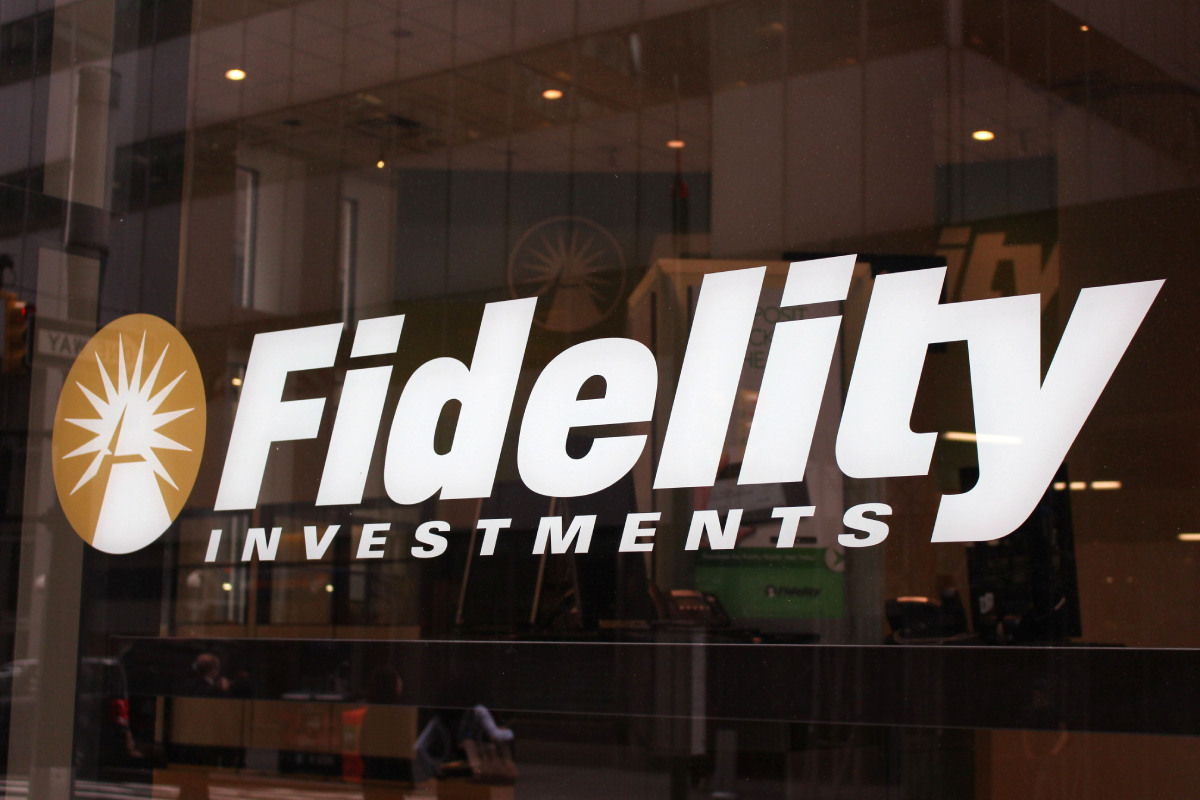
Perhaps it’s true what they say: Ignorance is bliss.
At least that’s how it is for the least experienced retail investors who appear to be shrugging off any volatility that has hit the stock market over the last several months and remain bullish despite any warning signs urging caution.
In its inaugural “State of the American Investor” study, Fidelity Investments shows a divergence in how its self-directed investors view the markets and their portfolios.
While nearly two-thirds of Fidelity’s self-directed traders expect their portfolios to perform the same or better in the coming months, the more experienced investors have grown more pessimistic about the market outlook, and are developing a lower risk tolerance.
Fidelity attributes this to the likelihood that veteran traders have developed their views “after trading through a longer history of market fluctuations” than the newbies have.
In fact, 56% of those with 0-5 years of investing experience are confident that their portfolios will perform better over the next 12 months, compared to 44% of those with 6-10 years experience and 34% of those with 11 or more years.
Furthermore, 36% of those with 0-5 investing experience form most of their investment decisions from information they gather through social media, compared to 31% of those with 6-10 years of experience and 11% of investors with 11 or more years trading experience.
Nearly half of what the bank calls “tenured investors” – those with more than 10 years of experience actively investing – are prioritizing limiting losses in the year ahead.
Meanwhile, the top priority for newer investors – those with five or fewer years of investing experience – is to learn about new asset types or complex trading strategies.
According to the survey, 69% of newer investors say they are confident in investing in non-traditional assets, compared to 29% of seasoned investors.
Newer investors are also five-times more likely than seasoned investors to plan to start using margin and option trading strategies for the first time during the next 12 months.
The survey also found that 72% of newer investors say they are familiar with crypto, compared to 35% of seasoned investors
And 48% of newer investors say they are seeking out higher growth stocks in the year ahead, compared to 30% of seasoned investors
Despite nearly half of Fidelity’s self-directed investors predicting the market will perform worse in the next 12 months, most (64%) are nonetheless confident that their own portfolios will perform the same or better over the next year.
It’s not surprising then that nearly half of the investors surveyed are interested in buying the dip and see opportunities during a market downturn.
This actually aligns with Fidelity’s brokerage clients, who maintained a buy-sell ratio of 1.83 during the market volatility in April.
Fidelity interviewed 2,007 U.S. adults, 18 years of age and older with a household income of $25,000 or more, and who had at least $25,000 in investable assets outside of retirement and real estate.
The survey was conducted April 15 – 24, which would be right in the middle of the recent market upheaval following President Trump implementing his reciprocal tariffs.
Your email address will not be published. Required fields are markedmarked